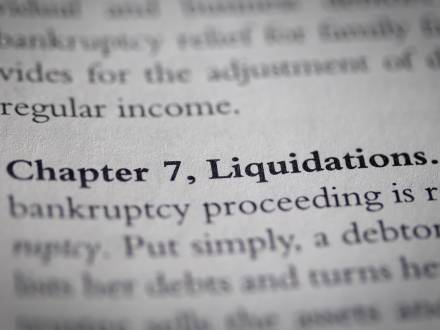What are reasons a court may deny a Chapter 7 discharge?
 Even if expensive medical bills or the aftermath of a divorce feel financially overwhelming, you can still find a way to relieve your mounting debt through bankruptcy. You may have decided Chapter 7 is right for you, but you still worry that you have no guarantee of a debt discharge.
Even if expensive medical bills or the aftermath of a divorce feel financially overwhelming, you can still find a way to relieve your mounting debt through bankruptcy. You may have decided Chapter 7 is right for you, but you still worry that you have no guarantee of a debt discharge.
It is true that Chapter 7 filers do not have as much of a right to a discharge as Chapter 13 filers. This is because creditors or even your bankruptcy trustee can object to a discharge in Chapter 7. However, specific situations require a judge to deny you a discharge. By knowing what a court expects from you, you may feel more confident about proceeding with your bankruptcy.
Failure to complete bankruptcy standards
Before receiving a discharge, you must complete a course on personal financial management. You must also submit all required tax documents to the court, and provide accurate and complete documentation. Also, if you cannot adequately explain a loss or deficiency of your assets, the court may deny your discharge.
Acts to hinder or defraud the bankruptcy process
The bankruptcy system is on watch for people who attempt to abuse the process. This could happen if someone intentionally transfers or conceals property to hinder, delay or defraud creditors. Another abusive act is to destroy or conceal financial records.
Violating court orders or receiving a discharge in a previous bankruptcy case within a certain timeframe can lead to the denial of a current discharge. Also, any form of perjury or fraudulent activity during the bankruptcy process can result in the denial of a discharge.
While it may seem like there are many ways to cause a judge to refuse to discharge your debt, the truth is that many of these reasons involve intentional fraudulent acts or failures to meet bankruptcy standards. Following the proper procedures and being transparent throughout the Chapter 7 process can go a long way to avoiding any unnecessary denials and help you complete your bankruptcy.






